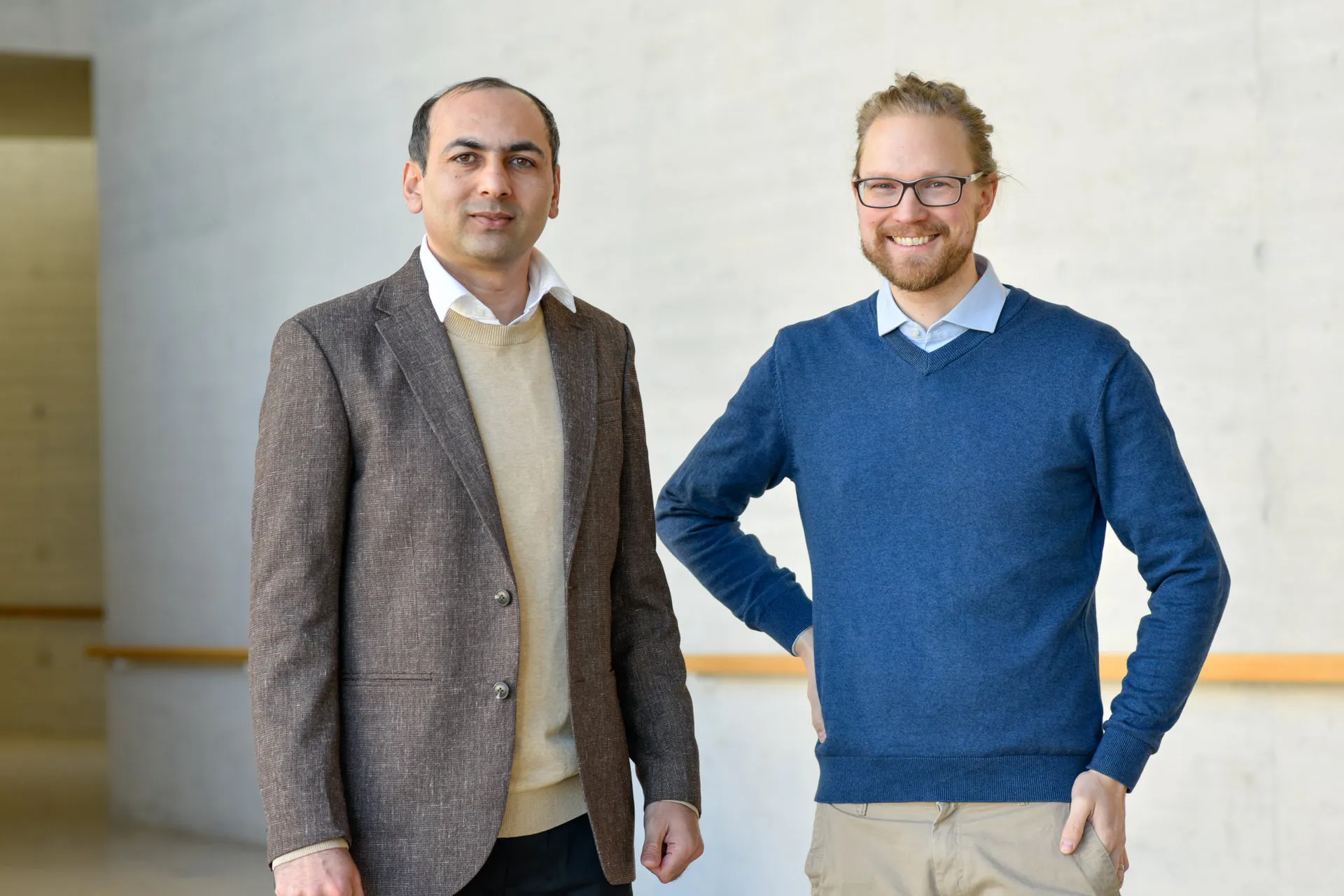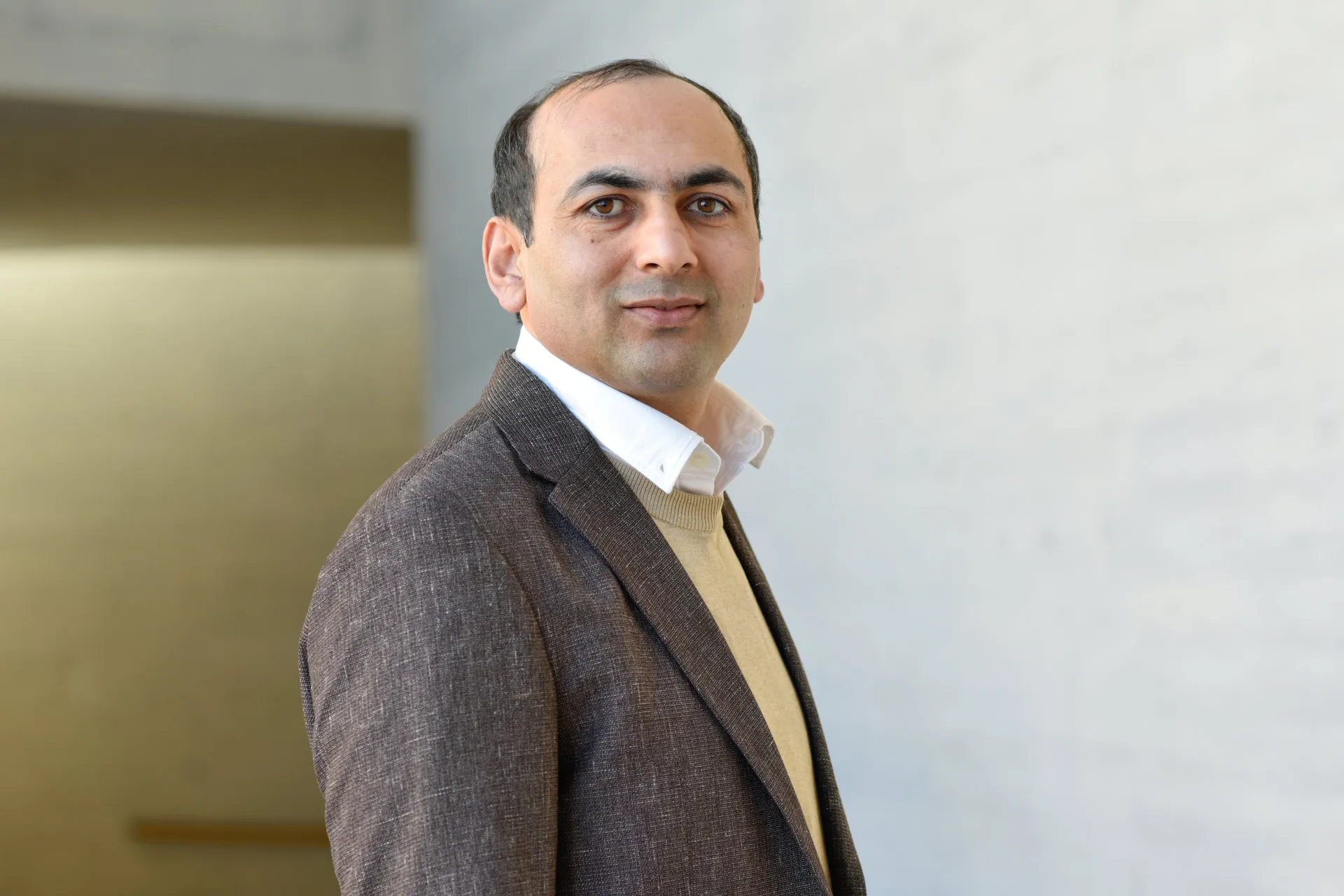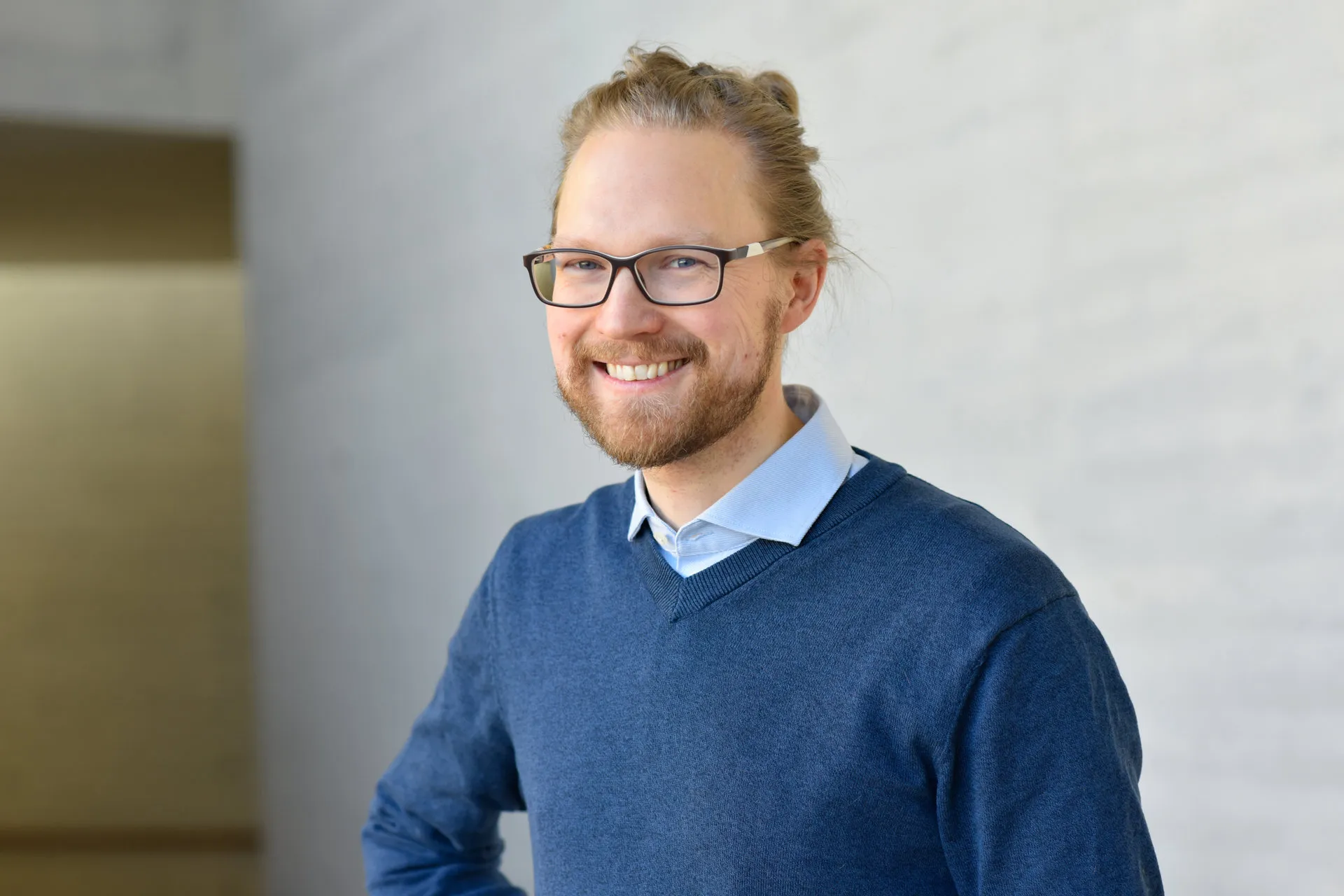Batteries From Sustainable Materials
We are developing the batteries of the future – high-performance, sustainable, and environmentally friendly.

Our research focuses on next-generation technologies made from eco-conscious materials, particularly silicon-air and chloride-ion batteries, which offer multiple times the energy density of current Li-ion systems.
read more
Our research is focused on pioneering post Li-ion battery technologies that leverage sustainable materials to overcome the limitations of existing energy storage systems.
One promising innovation is the alkaline silicon-air battery (SABs), which utilizes abundant, non-toxic Silicon to offer up to 10x the energy density of conventional types. This breakthrough technology presents a powerful, eco-friendly solution for high-performance energy storage. We are also advancing the development of anion-shuttling batteries, particularly room-temperature chloride-ion batteries (CIBs), which use chloride ions instead of lithium. CIBs have a significant potential due to their high theoretical energy density (~2500 Wh/L), making them ideal for a wide range of applications. Unlike lithium, chlorine-based compounds are plentiful and reduce dependence on critical raw materials. Perovskites, with the chemical formula ABX₃, exhibit exceptional properties for battery applications, underscoring the need for focused research to develop perovskite-based electrodes specifically for CIBs.
At JTC, we are overcoming barriers and unlocking the huge potential of sustainable energy storage.
Team
Dr. Muhammad Zubair, Team Leader
Anjali Bhatt
Richard Schalinski
We cordially invite you
Here you can find all the events where you can meet our research team. We look forward to your visit!
Zur Zeit keine aktuellen Events



